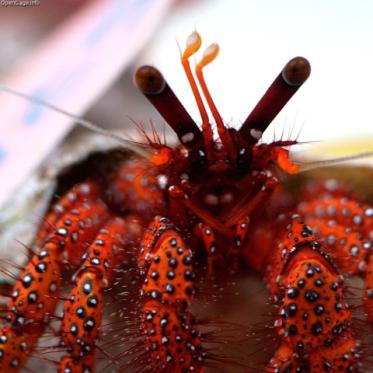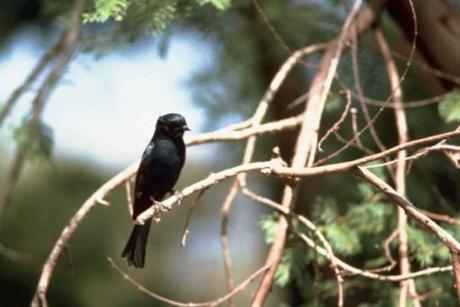As humans continue to infringe on wildlife habitats, animals are being subjected to increased amounts of noise pollution much to their detriment. Noise pollution is that which is created by construction, machinery, aircraft, electronics, and any other non-natural loud noise. It may be time for us to learn to embrace quiet..
The excessive sound that we produce seems to be affecting wildlife on many levels, including the way they 
Studies have shown that hermit crabs are likely to be slower at pulling into their shells when predators approach if they are distracted by the noise of boats. Noise from commercial shipping, sonar, and drilling for oil has been known to create enough noise for whales, dolphins, and porpoises to become disoriented and beach themselves. Tree frogs are showing signs of having difficulty mating because increased traffic noise around their habitat is making it hard for them to hear the mating calls. For creatures such as owls, who rely heavily on hearing to locate their prey, the problem is clear that they go hungry and seek new, less noisy habitats, which are becoming increasingly scarce. (Source: Web Ecoist)
According to the BBC, the U.S. National Parks service is conducting research through the Natural Sounds Program. This study is finding that in more than half of the 55 sites in 14 National Parks that were studied 
In a unique turn of events, our noisy lifestyle's affect on wildlife is coming back to bite us. Conservation Magazine noted that blackbirds are starting to annoy us by incorporating human sounds into their repertoire of sound. For awhile a male European blackbird was waking up the entire neighborhood at 5 a.m. with his new repertoire of songs -- that of an ambulance siren, car alarms, and cell phone ring tones.
Perhaps we deserve it.

